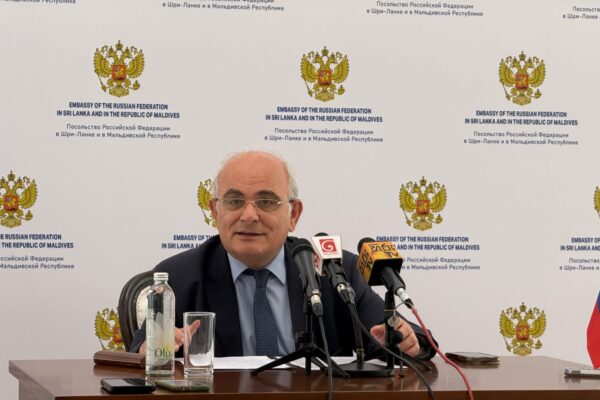
With the highest number of green garment factories in the world, the Bangladesh RMG industry has been leading the world in sustainable garment manufacturing. As an established hub for global apparel sourcing, the RMG industry is seen as one of the most promising sectors for investment.
Renowned for its strong manufacturing capabilities and thriving ecosystem, the Bangladesh RMG industry has gone from strength to strength and has become a global hub for apparel sourcing. At present, the industry consists of over four thousand factories. RMG exports from Bangladesh includes a wide variety of knitwear & woven garments products such as shirts, trousers, T Shirt, denim, jackets, sweaters, etc.
Today, Bangladesh leads the world in green garment manufacturing with 150 LEED (Leadership in Environmental and Energy in Design) certified factories in the country and another 500 waiting to obtain the LEED certification from United States Green Building Council (USGBC). Currently, nine of the top 10 green garment factories and 40 of the top 100 are located in Bangladesh. Bangladesh’s RMG sector has now transformed into a highly transparent and compliant industry regarding factory safety and value-chain responsibility after initiatives such as the Accord on Fire and Building Safety in Bangladesh, the Alliance for Bangladesh Worker Safety, and the RMG Sustainability Council were successfully undertaken.3rd Largest exporter of RMG products in the world in 2020
Exports to more than 150 countries
Home to the highest number of green garment factories in the world
Leading in compliance and factory safety
Designated as high priority sector by the government
16% Contribution to GDP
4000+ Factories
6%+ Share of global export in 2020
150 LEED certified green garment factories
USD32 billion Export in 2020-21
58% Women participation in the workforce
The Bangladesh Pharmaceutical industry-the emerging Asian hub for generic medicines
One of the most technological advanced industries in Bangladesh, the pharmaceutical industry has transformed itself from an import dependent industry in the 1980s to a self-sufficient one serving the global market. The capacity and expertise of the industry was evident during the COVID-19 pandemic where the industry quickly adapted to the unprecedented challenges and has been fulfilling not only the national demand for COVID related medicines but also the global market. As a beneficiary of TRIPS patent waiver, the Bangladesh pharmaceutical industry is all set to becoming a hub for generic medicines.
Building from strength to strength, the pharmaceutical industry has grown from about $25 million in 1982 to about $3 billion as of June 2020. Driven by the increasing purchasing power of the domestic population, the domestic pharmaceutical market is forecasted to exceed USD 6 billion by 2025.
At present the industry is serving 97 percent of the domestic market and exporting to more than 100 countries around the world. The Bangladeshi drug market is dominated by production of branded generic drugs, which account for almost 80% of the drugs produced locally, while patented drugs make up the remaining. Currently, there are 271 Allopathic, 205 Ayurvedic, 271 Unani, 32 Herbal and 79 Homeopathic drug producing companies in the country.Promising Agro and Food-Processing industry
Bangladesh is an agrarian country with a tropical climate perfectly suitable for the production of a variety of crops, fruits & vegetables, livestock and fisheries and a promising Agro and Food-Processing industry.
Bangladesh is blessed with a tropical climate and fertile soil and a total agricultural output of around 70 million metric tons in 2019-20 period with Rice, potato and sugar crop accounting for around 80% while fruits, vegetables and spices accounted for 17% of the output. the agriculture sector employs around 40.6% of the labor force and contributes 14.23% to GDP. The agro-food processing industry now contributes about 1.7 per cent to GDP and employs about 250,000 people. Its share of total exports now stands at around 3.5 per cent.
Bangladesh exports more than 700 items including 63 basic agro processed products most of which are cereal grains, frozen fish, processed meat, tea, vegetables, tobacco, cut flower, fruits, spices, dry food and other processed agricultural products including livestock, poultry & fish feed to more than 140 countries. At present, there are 486 agro processing manufacturers in the country among which 241 are exporters and 235 cater to the domestic market. The main exports items are frozen fish, shrimp and other frozen food products, tea, spices, fruits including dry fruits and some other processed agricultural products. The major export destinations include the European Union (EU), the US, the Middle East and the Gulf.
In the packaged food market, edible oils, dairy products and snacks dominate in terms of sales value. These products are expected to continue growing steadily by around 6% per annum. Products that are expected to expand rapidly include processed fruits and vegetables, seafood, and meat, which are expected to grow by 8%, 13%, and 13% per year respectively.















